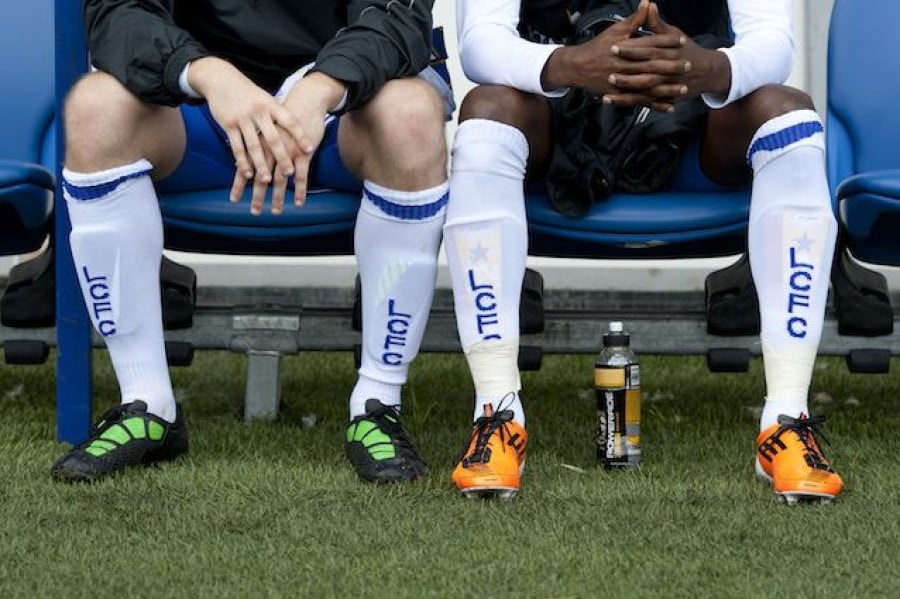The Right to Play: a professional football player is entitled to play in the professional league

The Swiss Federal Tribunal recently ruled that a professional football player has a right to train and, most significantly, play with his team (judgment 137 III 303). This marks an important milestone in the rights of professional sports persons because, for the first time, it was confirmed that an employee has the right to be deployed for the services for which he was hired, and not just to be paid and sit on the bench.
To continue reading or watching login or register here
Already a member? Sign in
Get access to all of the expert analysis and commentary at LawInSport including articles, webinars, conference videos and podcast transcripts. Find out more here.
- Tags: Europe | Football | Swiss Federal Tribunal | Switzerland
Written by
Roy Levy
Roy is an attorney-at-law, at Probst Partner AG, Zurich, Switzerland. He specialises in litigation and arbitration relating to sports law e.g. disciplinary and ethical matters (challenging sanctions), transfer disputes, training compensation, eligibility issues, TV rights, doping, match fixing, players/agents contracts. He regularly represents clubs, federations, players and coaches before the judicial bodies of FIFA, UEFA and the Court of Arbitration for Sport (CAS). He also has expertise in employment, intellectual property and media law.

 Global Summit 2024
Global Summit 2024
mark foley
I find this decision to be a little troubling. I agree with you that for professional athletes it is paramount to enhance his or her market value. However, when a player engages in conduct detrimental to the team, like disobeying the instructions of the coach, the coach should have the option to relegate the player to the lower team. I happen to believe that allowing Barea to train and play with the U21 team actually benefitted him more than languishing on the bench for the senior team. While the level of competition might have been worse, Barea was still able to train and keep his match fitness. Undoubtedly Barea would have been sold during the next transfer window, and if the coach decided to continue the banishment Barea might have had a cause of action. It is common practice in sports for the coach to discipline the player in order to establish his control over the team. Barea was still being paid his normal salary and was actually given an opportunity from the coach to continue to play, where is the problem? This decision could establish a dangerous precedent, as a player should not be allowed to sue if he is still being paid and is still allowed to play the sport at some level within the team.
reply